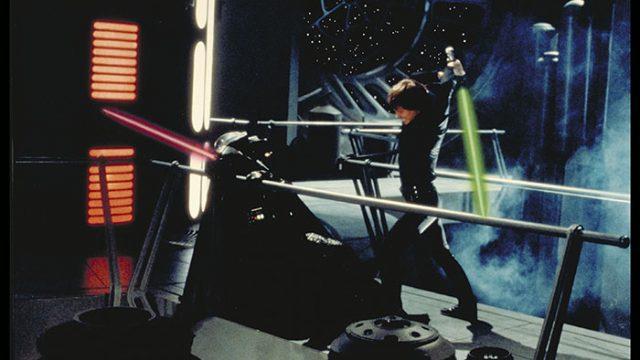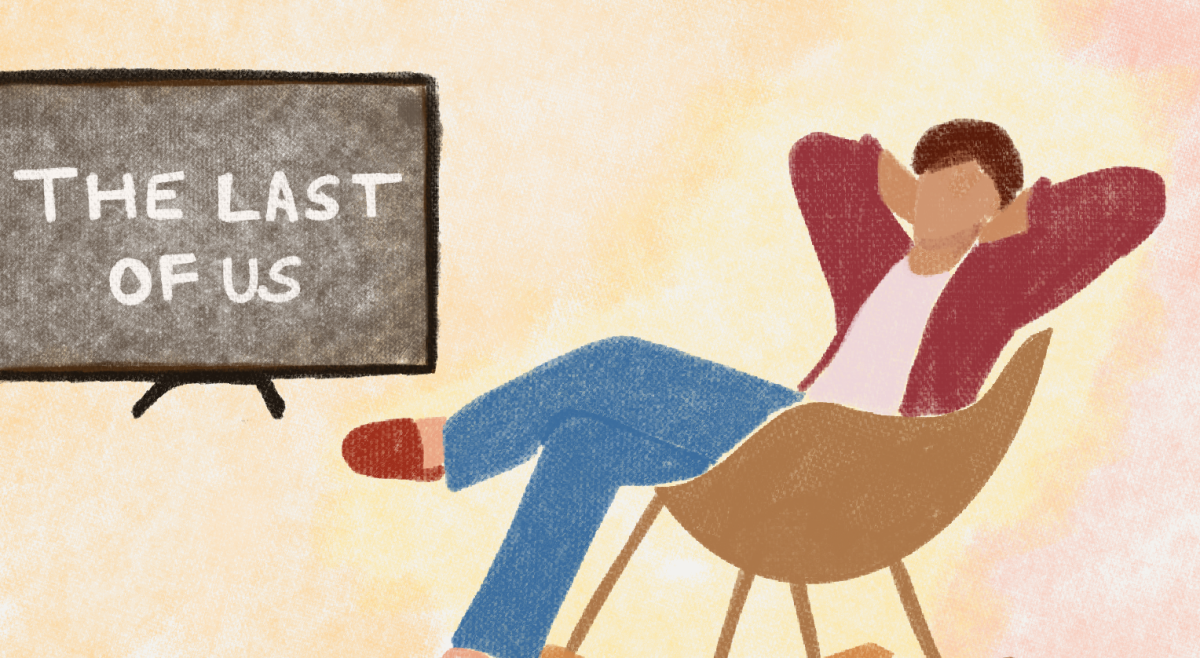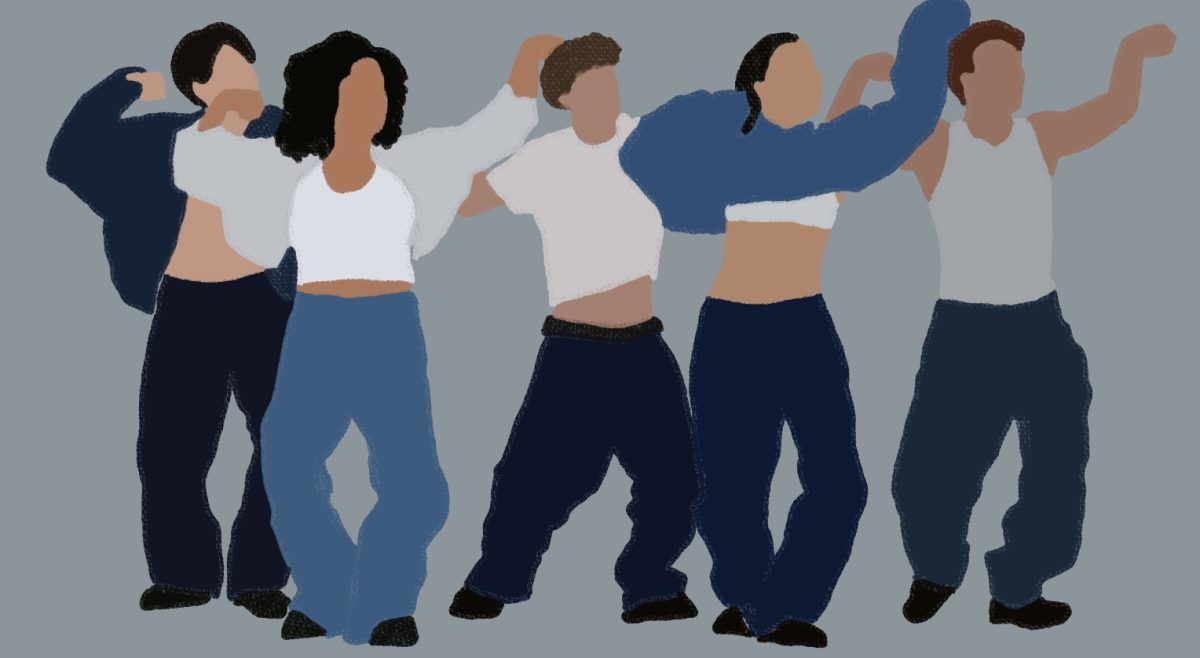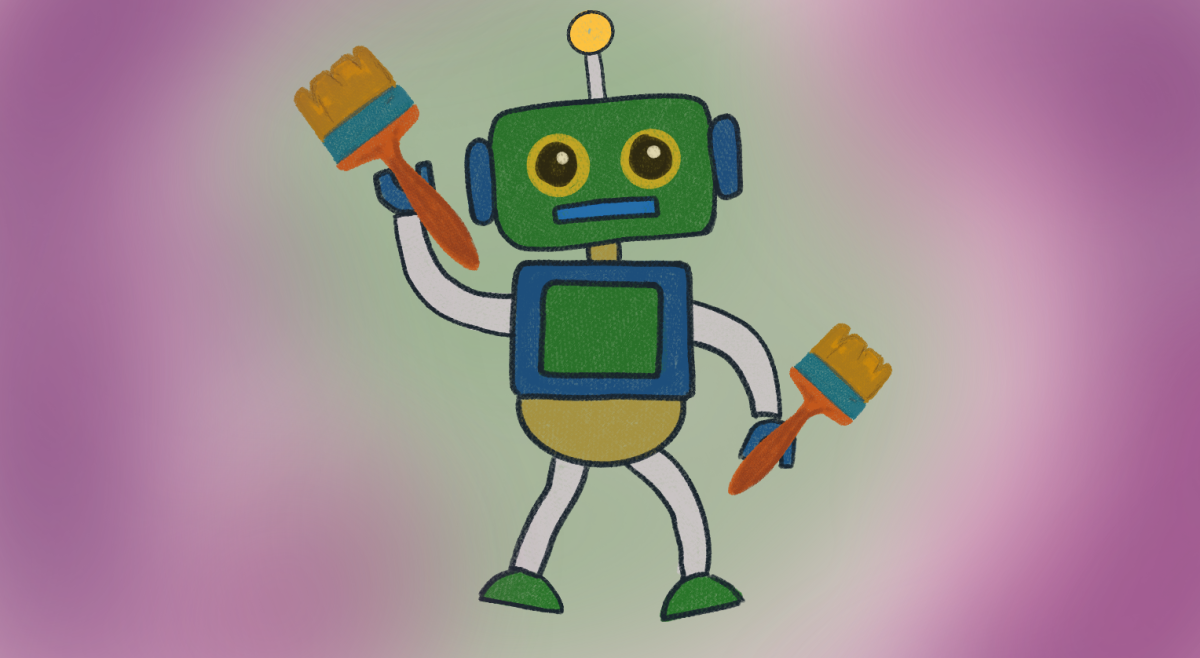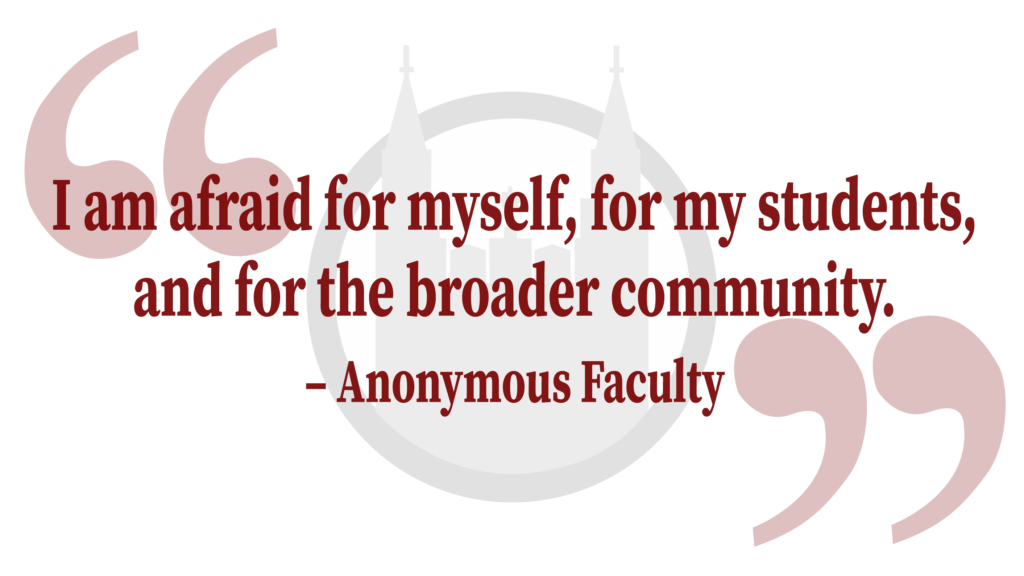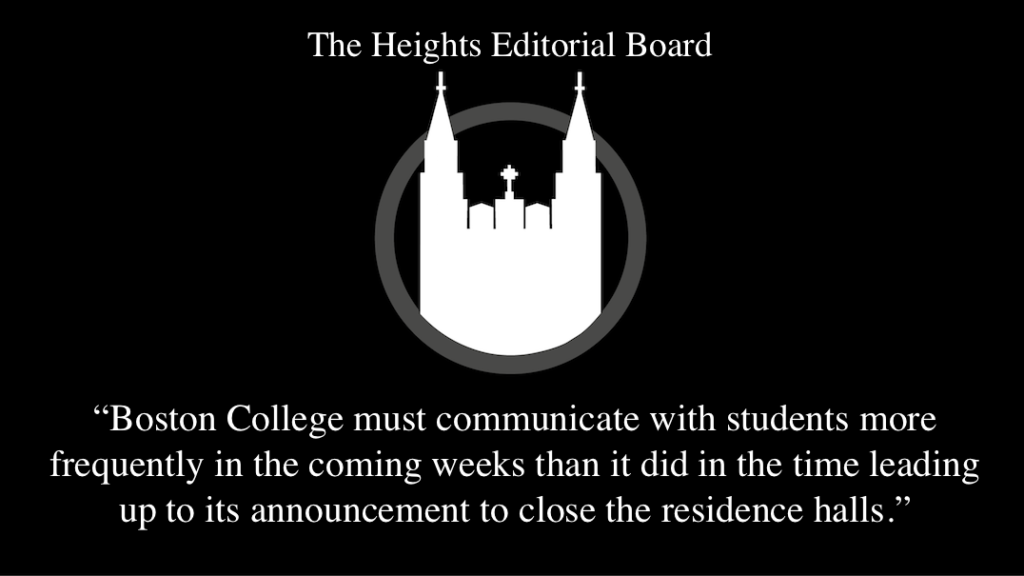In films, the standard unit of progress is the beat—the moment when a character’s disposition shifts, resulting in a change in their course of action. Sometimes this change is the opposite of the character’s initial intent, leading to a very powerful and emotionally charged moment on screen.
The simplest of beat changes can propel the plot forward, like Daniel Plainview’s forced baptism in There Will Be Blood (2007), which changes, irreparably, his relationship with both his son and Eli Sunday. These kinds of beats are significant and relatively easy to spot in the context of a feature-length film, but the power of a beat can lie in a single sentence, changing a character’s goals in an instant.
One of the most stark beat changes in cinema that often comes to mind is from Return of the Jedi (1983). While aboard the Death Star, Luke confronts his father and comes in with the express purpose of turning him to the light side and overthrowing the Empire once and for all.
Appealing to the Jedi that was once in his father, Luke pleads his case, stating vehemently that, “I will not fight you.”
But as quickly as he states his noble cause, Darth Vader subverts that wholesome goal by threatening his sister, saying, “If you will not turn to the Dark Side … then perhaps she will.”
And with that, Luke lights his saber and viciously hacks away at his father. I suppose Vader should not have said that. The thought of the Empire ruling, with its heel on the throat of the galaxy, was not enough for Luke to destroy his evil father. But the idea of his sister being corrupted was.
It would seem Luke was able to warp his principles. Cinematically, this allows the film to reach its proper climax, as we are given reason for Vader and Luke to finally come to blows, but one may wonder why Luke didn’t just go in with the express purpose of killing his father.
The key to this beat and beats like it lies in the fact that without it, Luke could not be our hero. Unless provoked, Luke would not have had the ability, with his rage, to defeat his father. But this comes through the inversion of his motivations—through a jarring change of character. Such a change came about through an exchange of words, nothing more.
In an instant such as this, people’s fickleness becomes pretty clear. Regarding the character’s development, this kind of change seems to speak to a weak-willed, unprincipled character, but I would posit that in most moments in our lives we are much more like Luke than we would like to believe. We may be baited, for better or worse, to change.
The beats in our own lives may be small and inconsequential, but they change our outlook on the world nonetheless. Through the slightest beats, we may be brought to a different state of mind.
One might believe that it would take a Red Dawn-style (1984) invasion to inspire an unprecedented amount of patriotism, but such a sense could be instilled by seeing a flag blowing in the wind or hearing the anthem at Sunday’s football game.
It might be hard to believe that the beat stemming from achieving musical infamy in Whiplash (2014) could be rivaled by the beat of eating a Slim Jim for the first time in The Fundamentals of Caring (2016). Certainly each character responds in various ways to his unique circumstance, but the overall effect could be of comparable gravity to his story. The value of these moments, big and small, could have considerable effect on the character’s worldview thereafter.
The smaller beats, in the words we speak and in the minute aspects of our daily lives, may toll different outlooks in us. Compounding these small changes in our character lends to our overall development.
Invoking the use of a famous Dr. Seuss line, I would venture to say that a change is a change no matter how small.
Featured Image By Walt Disney Studios

